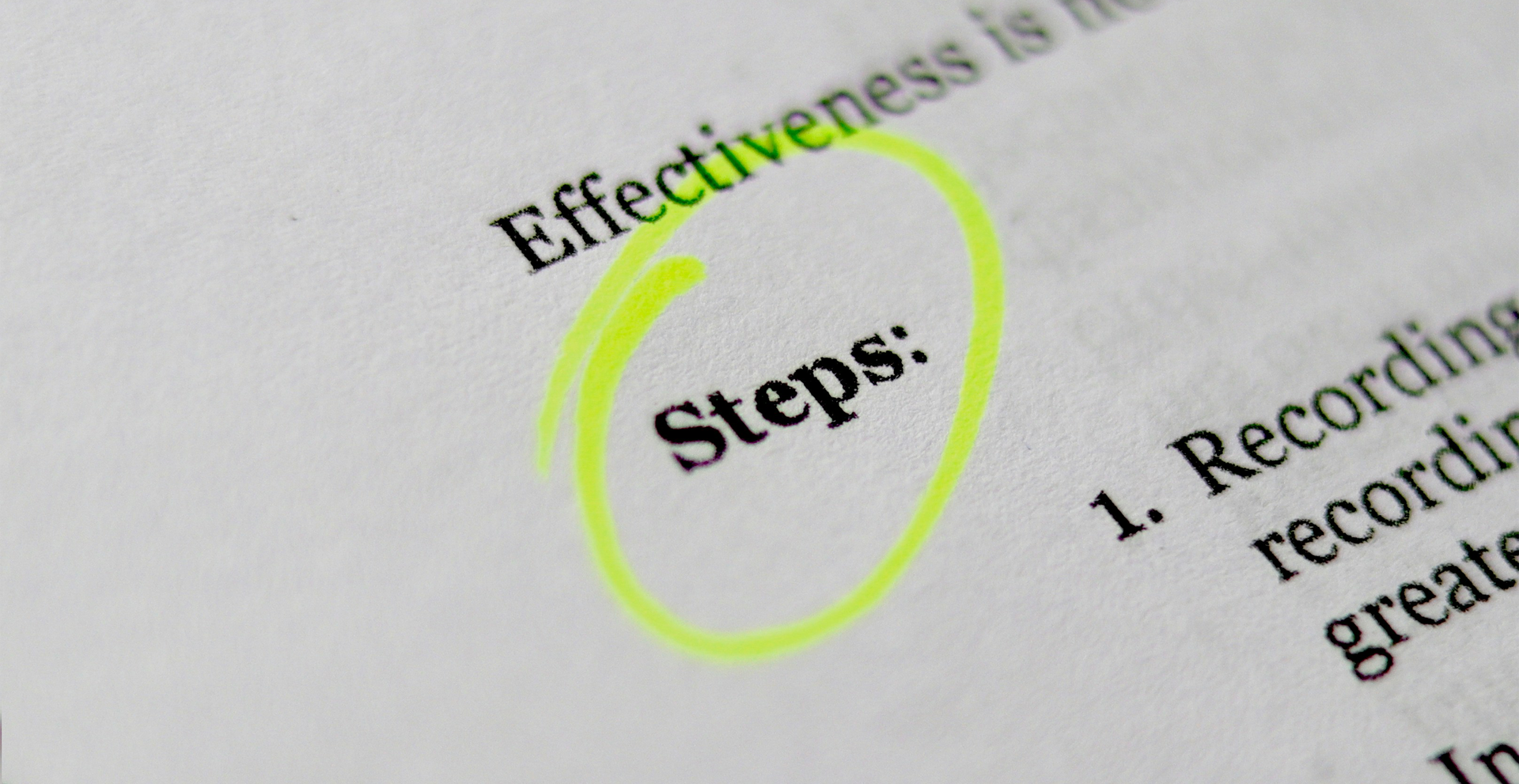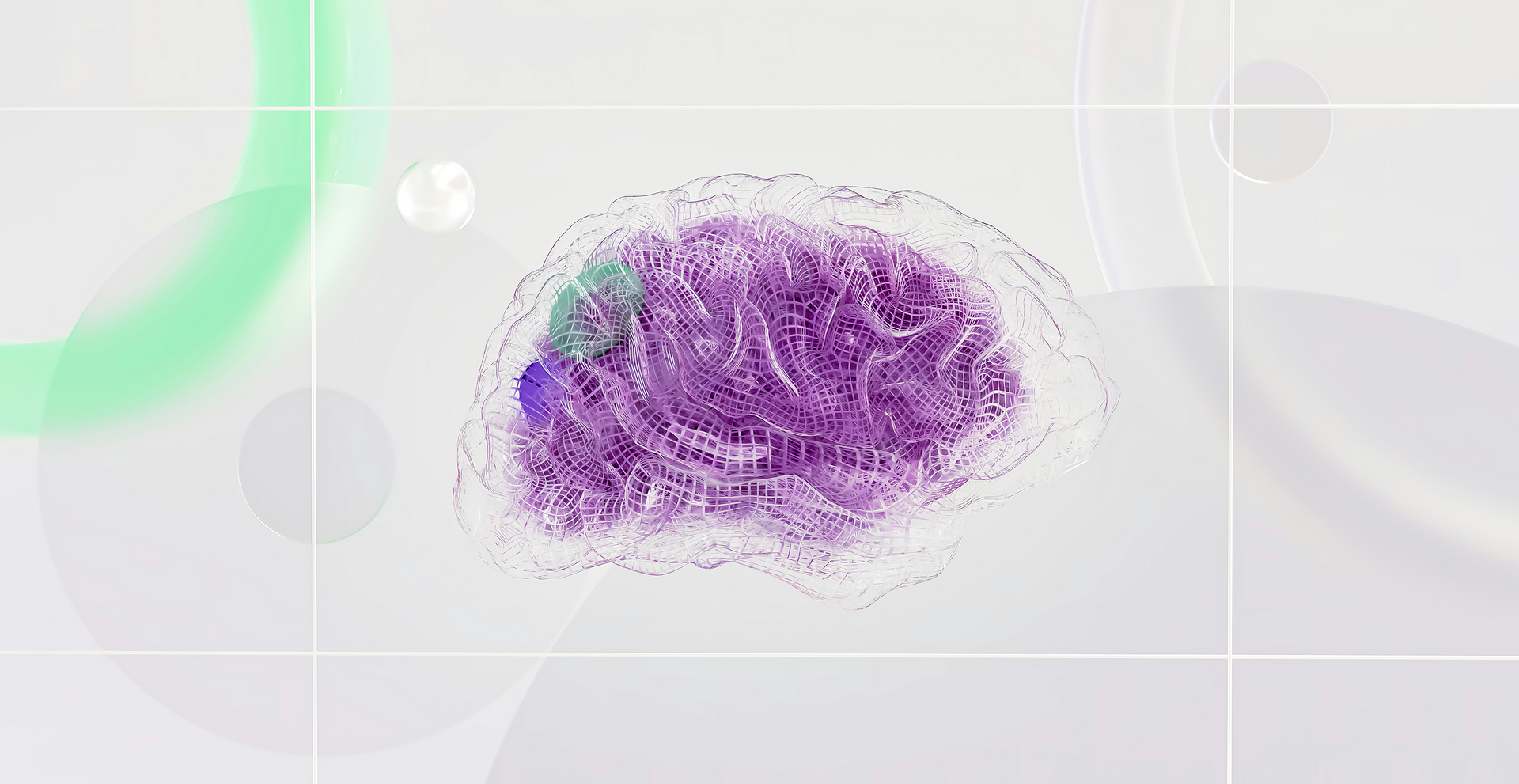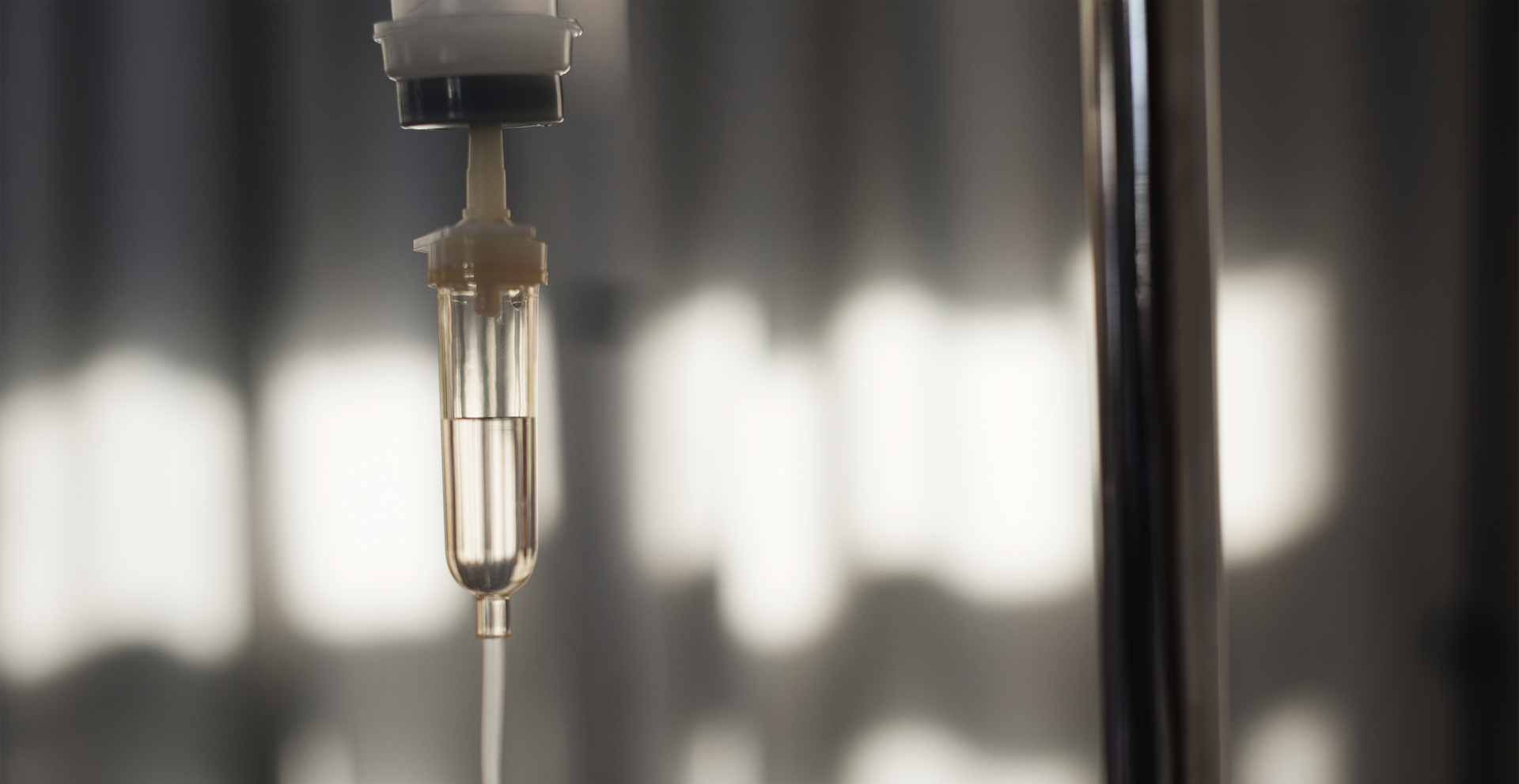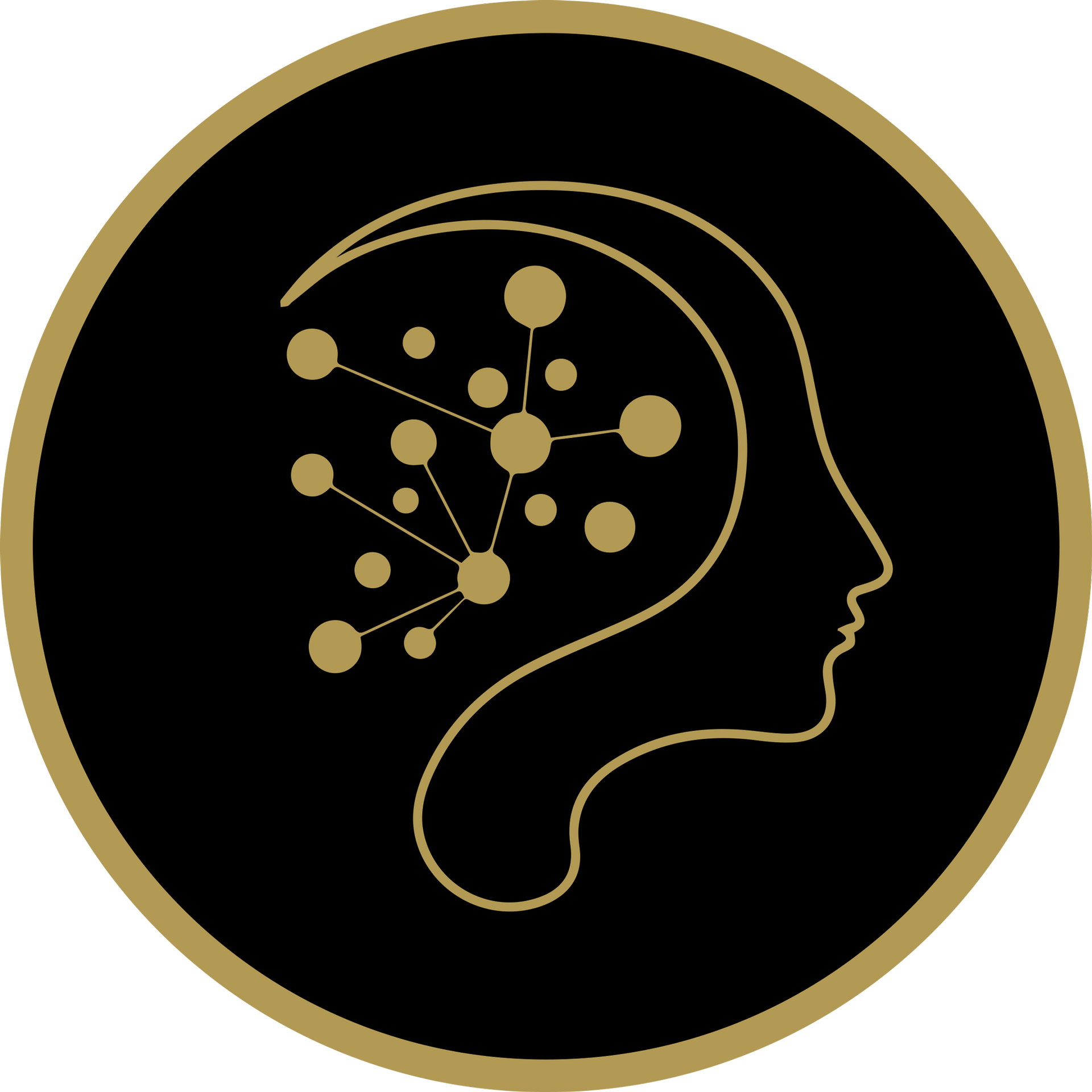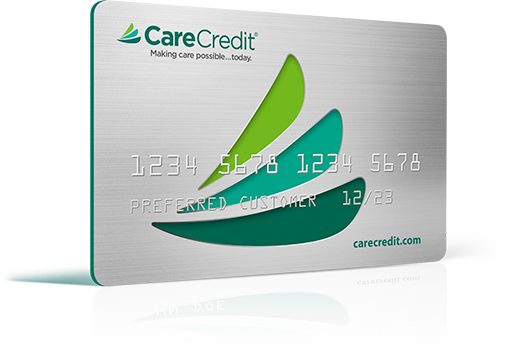Managing Depression: Is Time Enough for Healing or Can It Resolve Naturally?
Depression is a serious mood disorder that carries weight. For many, it’s not just an emotion but a debilitating condition that affects every aspect of life. Given its impact, a pressing question arises in the minds of those affected and their loved ones alike—can depression go away on its own?
In this blog post, we’ll explore the nuances of depression, including whether it can truly disappear without intervention.
Understanding Major Depressive Disorder’s Depth
Depression is more than just feeling sad. It’s a severe mental health disorder characterized by persistent low mood, loss of interest in activities, and various physical symptoms, often falling under the broader category of mood disorders. According to the World Health Organization, over 264 million people worldwide suffer from depression, making it a leading cause of disability globally.
Though everyone experiences sorrow or grief at times, depression extends beyond these emotions and often requires medical attention. The problem becomes chronic when feelings of hopelessness linger, affecting daily functioning, relationships, and overall well-being. It’s not uncommon for sufferers to feel trapped in their condition, raising the question of whether time alone can be a healer.
Causes and Risk Factors
Depression is a complex mental health disorder influenced by a combination of genetic, environmental, and psychological factors. Understanding these causes and risk factors can provide insight into why some individuals are more susceptible to depression than others.
Genetics play a significant role; if you have a family history of depression, you are more likely to experience it yourself. This genetic predisposition can be compounded by imbalances in brain chemistry, particularly involving neurotransmitters like serotonin and dopamine, which are crucial for mood regulation.
Life events, such as the loss of a loved one, a job, or a significant relationship, can act as triggers for depressive episodes. These traumatic experiences can leave lasting emotional scars, making it difficult to recover without intervention. Additionally, chronic medical conditions like diabetes, cancer, and chronic pain can increase the risk of developing depression, as the ongoing physical strain can take a toll on mental health.
Substance abuse is another critical factor. The relationship between substance abuse and depression is bidirectional; not only can substance abuse lead to depression, but depression can also increase the likelihood of substance abuse as individuals may turn to drugs or alcohol to cope with their symptoms.
Personality traits such as low self-esteem, perfectionism, and a generally negative outlook on life can also make individuals more vulnerable to depression. These traits can create a mental environment where depressive thoughts and feelings can thrive, making it harder to break free from the cycle of depression.
TYPES OF DEPRESSION
Depression is not a one-size-fits-all condition; it manifests in various forms, each with its own set of characteristics and challenges. Understanding the different types of depression can help in identifying the most appropriate treatment and support.
Major Depressive Disorder (MDD), also known as clinical depression, is a severe and persistent form of depression that can significantly interfere with daily life. Individuals with MDD experience intense symptoms that can last for weeks or even months, making it difficult to function normally.
Persistent Depressive Disorder (PDD), previously known as dysthymia, is a chronic form of depression that lasts for two years or more. While the symptoms may be less severe than those of MDD, their long-lasting nature can be equally debilitating.
Postpartum Depression (PPD) affects women after childbirth, characterized by feelings of extreme sadness, anxiety, and exhaustion that can interfere with a new mother’s ability to care for herself and her baby. PPD is more intense and longer-lasting than the “baby blues,” which many new mothers experience.
Seasonal Affective Disorder (SAD) occurs during the winter months when there is less sunlight. This type of depression is linked to the change in seasons and can lead to symptoms such as low energy, overeating, and social withdrawal.
Bipolar Disorder is a mental health disorder that involves periods of depression and mania. During depressive episodes, individuals experience symptoms similar to those of MDD, while manic episodes are characterized by elevated mood, increased energy, and often risky behavior.
The Myth of Time as a Healer
Many hold the belief that ‘time heals all wounds.’ While time can offer perspective and distance from certain events, it may not always be enough to overcome the complexities of depression. Individuals with moderate or severe depression often require more intensive treatment, including medication as part of their initial treatment plan. The natural ebb and flow of mood swings can lead some to assume that depression will eventually subside, but this assumption can be misleading.
Without proper treatment, depression can persist for months, years, or even a lifetime. The National Institute of Mental Health (NIMH) reports that
only about 50% of individuals with major depressive disorder receive treatment, highlighting a significant gap in care. Relying solely on time without addressing underlying issues can prolong suffering and worsen the condition.
Factors Influencing Depression Symptoms’ Course
The trajectory of depression varies widely among individuals. Several factors can affect whether depression might resolve on its own or require intervention. Genetics play a considerable role, as those with a family history of depression are more likely to experience it themselves. Life events, such as trauma, loss, or significant stress, can also trigger depressive episodes and influence their duration.
Social support is another critical factor. People with strong support networks often fare better than those who feel isolated. Access to mental health resources, including
therapy and medication, is essential for many individuals. However, some people may naturally develop coping mechanisms that help them manage their symptoms over time, potentially leading to a gradual recovery. Effective depression treatment, tailored to individual needs, can include psychotherapy, medication, or brain stimulation therapy, and involves a collaborative process between patients and mental health professionals to find the most suitable approach.
The Role of Therapy, Medication, and Mental Health Professional
When it comes to treating depression, therapy and medication are often considered vital components. Cognitive-behavioral therapy (CBT) is one widely used approach that focuses on identifying and changing negative thought patterns, thereby improving emotional regulation and coping skills. Other forms of therapy, such as interpersonal therapy (IPT) and dialectical behavior therapy (DBT), can be equally effective, depending on the individual’s needs and the type of depression. Brain stimulation therapies are also an option, particularly in severe cases where traditional methods have failed.
Medication, such as antidepressants, may also be prescribed, either alone or in combination with therapy. Selective serotonin reuptake inhibitors (SSRIs) and serotonin-norepinephrine reuptake inhibitors (SNRIs) are common types of antidepressants that work by balancing chemicals in the brain, which can help alleviate symptoms. It is important to note that antidepressants usually take several weeks to show effects, and finding the right medication can involve some trial and error. Other brain stimulation therapies, including newer and experimental options, provide additional alternatives for patients with severe depression.
For treatment-resistant depression, alternative options like electroconvulsive therapy (ECT) or transcranial magnetic stimulation (TMS) might be explored. Ultimately, a healthcare professional’s guidance is crucial in determining the most appropriate and effective treatment plan, tailored to the individual’s specific situation and needs.
Self-Help Strategies for Managing Depression
While professional treatment can be essential to treat depression, self-help strategies can complement therapy and medication, providing additional relief. These methods focus on empowering individuals to take control of their mental health and promote overall well-being.
1. Establishing a Routine
Consistency in daily activities can create a sense of stability and order. Setting regular sleep and wake times, planning meals, and scheduling time for work and leisure activities can improve mood regulation and reduce feelings of chaos or overwhelm.
2. Prioritizing Physical Activity
Exercise stimulates the release of endorphins, chemicals in the brain that enhance mood and energy levels. Engaging in activities like walking, jogging, yoga, or dancing for at least 30 minutes several times a week can significantly improve emotional health.
3. Mindfulness and Meditation
Practicing mindfulness and meditation can increase awareness of thoughts and feelings, allowing individuals to observe them without judgment. Techniques such as deep breathing, progressive muscle relaxation, or guided imagery can help reduce anxiety and depressive symptoms.
4. Maintaining a Balanced Diet
Nutrition plays a crucial role in mental health. Consuming a balanced diet rich in fruits, vegetables, whole grains, lean proteins, and omega-3 fatty acids can support brain health and improve mood. Limiting caffeine, sugar, and alcohol can also help stabilize mood swings.
5. Building a Support Network
Connecting with others offers emotional support and reduces feelings of isolation. A behavioral health center is a dedicated facility where individuals can receive professional care for various mental health challenges. Reaching out to friends, family, or support groups can provide perspectives and encouragement, giving individuals a sense of belonging and understanding.
6. Setting Achievable Goals
Breaking tasks into smaller, manageable steps and celebrating small achievements can build confidence and motivation. By setting realistic goals, individuals can experience a sense of accomplishment, which can counteract feelings of worthlessness or inadequacy.
7. Engaging in Enjoyable Activities
Finding joy in hobbies or new interests can help shift focus from negative emotions. Whether it's painting, reading, gardening, or learning a new skill, engaging in pleasurable activities boosts mood and enhances quality of life.
Integrating these self-help strategies into daily life can be a powerful way to manage depression symptoms and complement professional treatment options. While these methods may not cure depression, they can provide valuable support and contribute to a more balanced, fulfilling life.
Supporting Natural Recovery
While professional treatment is often necessary for managing depression, there are natural ways to support recovery and improve mental health. These strategies can complement medical treatments and provide additional relief from symptoms of depression.
Exercise is a powerful tool in combating depression. Regular physical activity stimulates the release of endorphins, which are natural mood-boosters. Activities like walking, jogging, yoga, or dancing for at least 30 minutes several times a week can significantly enhance emotional well-being.
Mindfulness practices, such as meditation and yoga, can help reduce stress and anxiety, improving overall mood. These practices encourage individuals to focus on the present moment, fostering a sense of calm and reducing the impact of negative thoughts.
Social support is crucial in managing depression. Connecting with friends and family, or joining a support group, can help individuals feel less isolated and more understood. Sharing experiences and receiving encouragement from others can provide a sense of belonging and hope.
Healthy eating plays a vital role in mental health. A balanced diet rich in fruits, vegetables, whole grains, lean proteins, and omega-3 fatty acids can support brain health and improve mood. Limiting caffeine, sugar, and alcohol can also help stabilize mood swings.
Sleep is essential for mental health. Ensuring adequate and quality sleep can help reduce symptoms of depression. Establishing a regular sleep routine and creating a restful environment can promote better sleep and overall well-being.
When to Seek Professional Help
Recognizing when to seek professional help for depression is crucial for effective treatment and recovery. Here are some signs that it’s time to reach out to a mental health professional:
Persistent Symptoms: If symptoms of depression last for more than two weeks, it’s essential to seek help. Persistent feelings of sadness, hopelessness, and lack of interest in activities can indicate a need for professional intervention.
Severity of Symptoms: When symptoms of depression are severe and interfere with daily life, such as impacting work, relationships, and self-care, it’s crucial to seek professional support.
Suicidal Thoughts: If there are thoughts of suicide or self-harm, immediate professional help is necessary. These thoughts are serious and require urgent attention.
History of Depression: Individuals with a history of depression or other mental health disorders should seek help if they notice a recurrence of symptoms. Early intervention can prevent the condition from worsening.
Lack of Response to Natural Treatments: If natural treatments like exercise, mindfulness, and social support do not alleviate symptoms, it’s important to consult a mental health professional for additional treatment options.
CONCLUSION
Depression is a complex condition that doesn’t adhere to a one-size-fits-all approach. While some individuals may experience relief from symptoms over time, seeking professional help remains crucial for many, especially those dealing with severe depression. Therapy, medication, and self-help strategies can all contribute to improved mental health and well-being.
Ultimately, understanding that depression is not merely a phase but a medical condition requiring attention can help reduce stigma and support those struggling with it. If you or someone you know is facing depression, consider reaching out to a mental health professional for guidance and support.
RESOURCES FOR MENTAL HEALTH
There are numerous resources available for individuals experiencing mental health disorders. These organizations provide education, support, and advocacy to help individuals and families navigate mental health challenges.
- National Alliance on Mental Illness (NAMI): NAMI offers education, support, and advocacy for individuals and families affected by mental illness. They provide resources and support groups to help manage mental health conditions.
- Substance Abuse and Mental Health Services Administration (SAMHSA):
SAMHSA provides resources and support for individuals and families affected by mental health disorders and substance abuse. They offer a national helpline and treatment locator services.
- Mental Health America: This organization provides resources and support for individuals and families affected by mental health disorders. They offer screening tools, educational materials, and advocacy initiatives.
- Local Mental Health Clinics and Hospitals: Many communities have mental health clinics and hospitals that provide treatment and support for individuals with mental health disorders. These facilities offer a range of services, including therapy, medication management, and crisis intervention.
By utilizing these resources, individuals can access the support and treatment they need to manage their mental health effectively.
Take the Next Step with SW Florida TMS & Ketamine for
help WITH Depression NEAR FORT MYERS FLORIDA
At SW Florida TMS & Ketamine, a mental health clinic in Fort Myers, we are here to help you fight the battle against depression and other mental health issues such as anxiety, OCD, PTSD, and more.
We use traditional modern methods to treat these health problems and will derive a treatment plan best suited to your condition. You can reach us at (239) 935-5599 or fill out our contact form to learn more about our treatment options. We're here to help!
Cited Sources:
Sousa, Rute Dinis et al. “Unraveling Depressive Symptomatology and Risk Factors in a Changing World.” International journal of environmental research and public health vol. 20,16 6575. 13 Aug. 2023, doi:10.3390/ijerph20166575
MENTAL HEALTH SERVICES
BOOK A CONSULTATION
Knowing that you are not alone is of utmost importance. Seek assistance for depression today!
OUR SERVICE SUPPORTS MENTAL WELLNESS
- Depression
- Lack of Joy
- Sadness and Despair
- Low Mood
- Lethargy
- Insomnia
- Oversleeping
- Social Isolation
- Self-Harm
- Substance Abuse
- Suicidal Ideation
- Alcoholism
